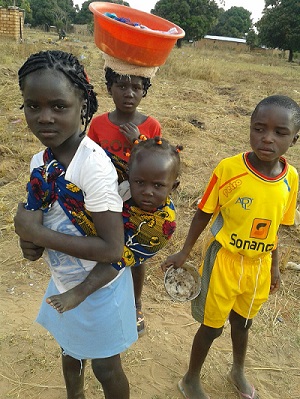
Alto Luena is a neighborhood near Luena, the capital of Moxico in Angola, where they have settled families who have returned to the country after the war. It is an area of houses mostly very poor, scattered near a river. At the heart of the neighborhood has been built a school, a health center, and a chapel. There lives a community of Sisters Servants of the Sacred Heart, who believe that education is the best way to help people improve their lifestyle.
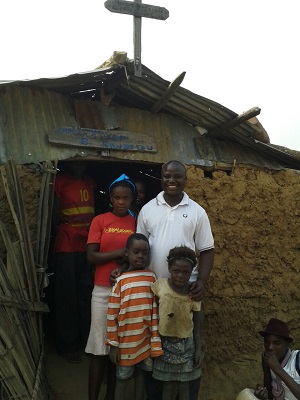
Supporting health concerns is an urgent need as this was previously not available and that is served through the Health Center. The official language is Portuguese because Angola was once a Portuguese colony, but most of the people in the neighborhood are best understood through its dialects Cokue, Lubale, etc.
The Spinola Solidarity Foundation gives support through projects in which many people collaborate jointly. Through volunteers, prepared during the year, they support education and the health of the neighborhood thanks to their experience and professional knowledge, especially coupled with their desire to help build a more just world.
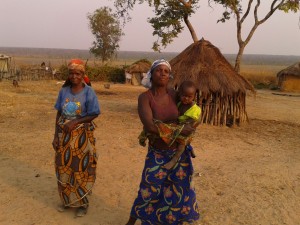
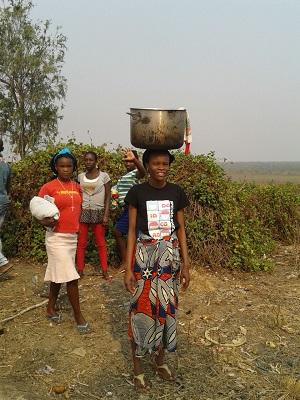
The Luena River, is on one side of the neighborhood and separates it from the city of Luena, and is source of life for the people of Luena El Alto. Is it where many families wash clothes, sit under the sun, bathe, wash the dishes, children play …
On Monday, September 1st began classes in the third quarter, for the school year coincides with the calendar year. The day begins at sunrise and ends at sunset, as in Luena El Alto there is no common electricity supply.
Only a few houses have a small generator for personal use. In the grounds of the school and the health center, and also where the religious house is, there is a generator that provides light from 17.30 h to 21.30 h. The flashlight is a basic need there.
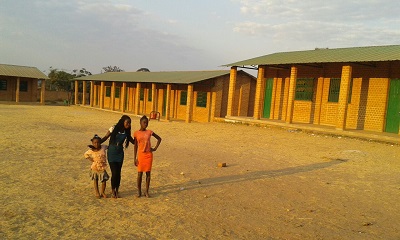
The inhabitants share their life through education, health and collaboration with the parish’s three religious Spanish workers and one Filipino. Also there are two postulants who are part of the Angolan community and are preparing for a life in religion.
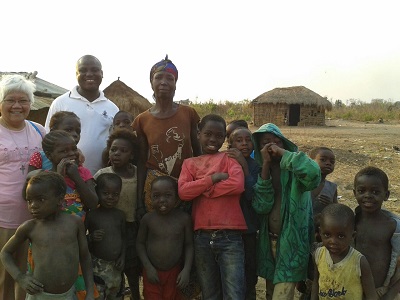
At the school there are 30 teachers working in two shifts of classes. In the health center there are three nurses and a nun. They need a doctor but have not gotten that grant from the government for now.
Children live in Luena El Alto a basic life with little resources and is not uncommon to see them walking barefoot and often caring for younger siblings with an adults responsibility.
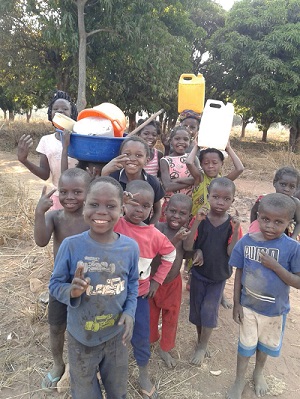
It is impressive to see the joy on their faces. Their eyes say it all: Despite the shortcomings, social injustice and the lack of such basic resources as water, light, food, or education, they can welcome new arrivals with a nice clean smile. They are the children of Luena El Alto, Angola’s future and it is the dream of a population through solidarity and being receptive of care and training to someday achieve the dignity to which every human being is entitled.
Spinola Solidarity Foundation and its project
The Spinola Solidarity Foundation, as stated on their website (www.spinolasolidaria.org) is a Christian NGO that promotes access to comprehensive education for the most disadvantaged with the object to transform the individual and society. It arises from the Handmaids of the Sacred Heart Congregation and the apostolic work of its founders, Marcelo Spinola and Celia Mendez.
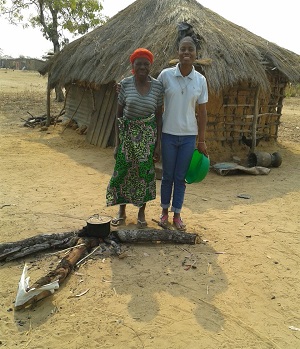
Spinola Solidarity works from the belief that education is the engine for transforming personal and social realities. They do their work based on education in equality without exclusivity «an education that transforms society, improves their habits and renews the family.» They also develop awareness campaigns to raise awareness of unjust situations in which millions of people live «and that education is considered indispensible for the transformation of elements of societies .»
So for years, this charitable foundation has supported educational projects for the most vulnerable populations in Europe, Latin America, Africa and Asia, to help them build their lives and their future. They believe in creating development projects that take into consideration the everyday surroundings. They carry out social projects so that these people are able to achieve a decent life «in which their rights are not violated and all are equal for who they are and not for their weath. »
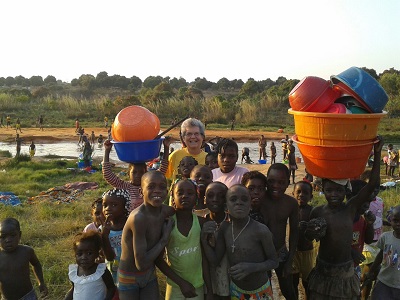
Missionaries and religious volunteers decided to go to these continents to share the knowledge they have gained and at the same time to receive the richness of life that these areas offer. The project of Luena El Alto in Angola is one of them, because as in this claim from Spinola Solidarity Foundation «We cannot let the world continue like this.»
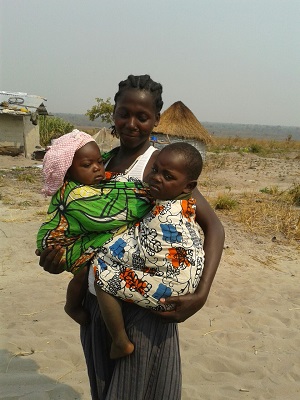
ANGOLA
• Population: 19,081,912 inhabitants
• Life expectancy: 50 years
• Literacy rate: 70%
• Public expenditure on education: 2.6%
• Area: 1,246,700 km2
• Under the poverty threshold: 54.31%
60% of Angolans are children growing up in an environment generated over 27 years of bloody war that left a million dead, 3.8 million people internally displaced (one fourth of the population) and 340,000 Angolan refugees in neighboring countries, according to UN data.
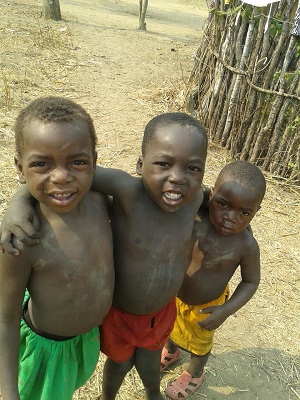
Despite the peace achieved in 2002, with a health system that is just beginning to recover, the mortality rate of children of 1 and 5 years respectively was the same in 2004 as in 1990 (154 and 260 per thousand births) .
Two generations of children-many of them soldiers disappeared during the last decade of the civil war. One hundred thousand children were separated from their families. Almost half of children do not attend school and 45% suffer from chronic malnutrition.
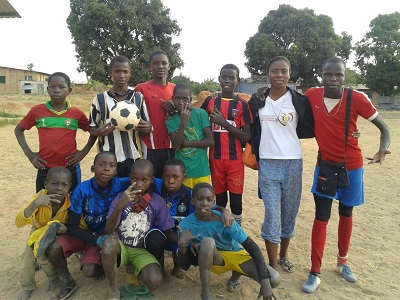
The Handmaids of the Sacred Heart have been working in Angola for over 15 years. They have now three schools that were founded in Luanda, Luena and Mbanza-Congo and more than 3,200 students who today are learning in them. Over the years they have lived through occupation, the hardness of a bloody war and the hope of a firm peace which has opened the way to dreams. Their job and effort to make these dreams come true is through one path: Education.
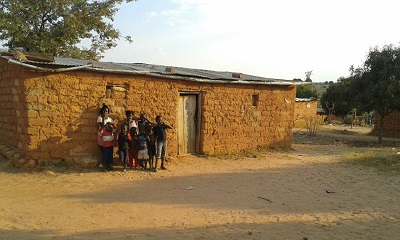
In the small community of Luena work has been made to install streetlights in the area that holds the «Sacred Heart» School and Health Centre. In Luena El Alto it starts to get dark by 17:00 h and by 18:00 h it is totally dark. At these times, it is impossible to carry out any activity in and out of the houses. The electricity is essential to the life and work of the neighborhood and to extend it to a little later, bringing peace and security to the people living there and also if they have to travel at night. In the grounds of the school and the health center, next to the religious house, has been built a house to welcome the volunteers.
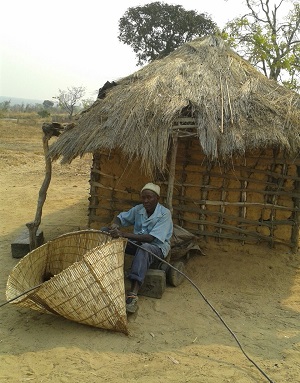
Eight years ago as a left over from the Angolan civil war; they have had to dig up thousands of anti-personnel mines, return to rebuild roads and bridges to unite provinces and villages; It is a slow and difficult work. But, as claimed Solidarity Foundation Spinola «the most important work is the reconstruction of values and a decent life for every person, every family.» And from education, health and the advancement of women this is the goal that religious and lay people are working towards in three provinces and different situations: Luanda, the capital, Mbanza Kongo, north, on the border with Democratic Republic of Congo, and Luena, east, on the border with Zambia.
As Carlota Martinez, Servant of the Divine Heart in Angola said the goal «is to open roads for development and for this country, so rich in water, minerals, agriculture potential, to believe in itself and to meet each Angolan’s needs «.
Teresa Cobo de la Vega
Photos: Encarnación Corral

